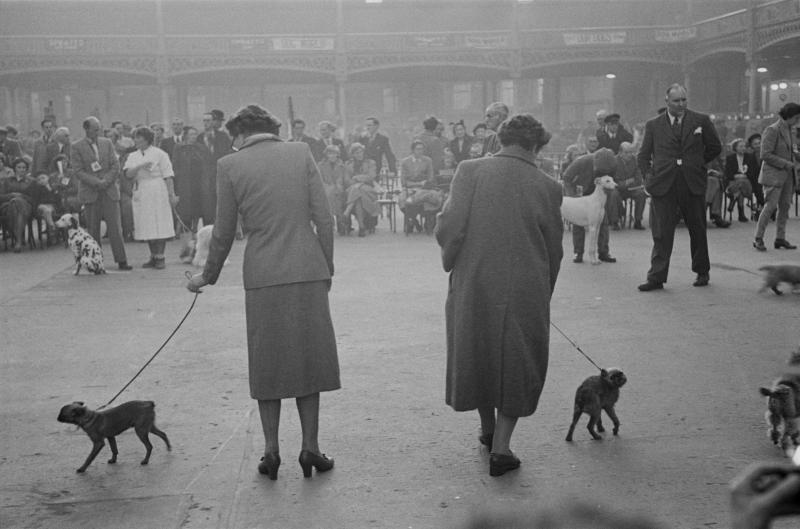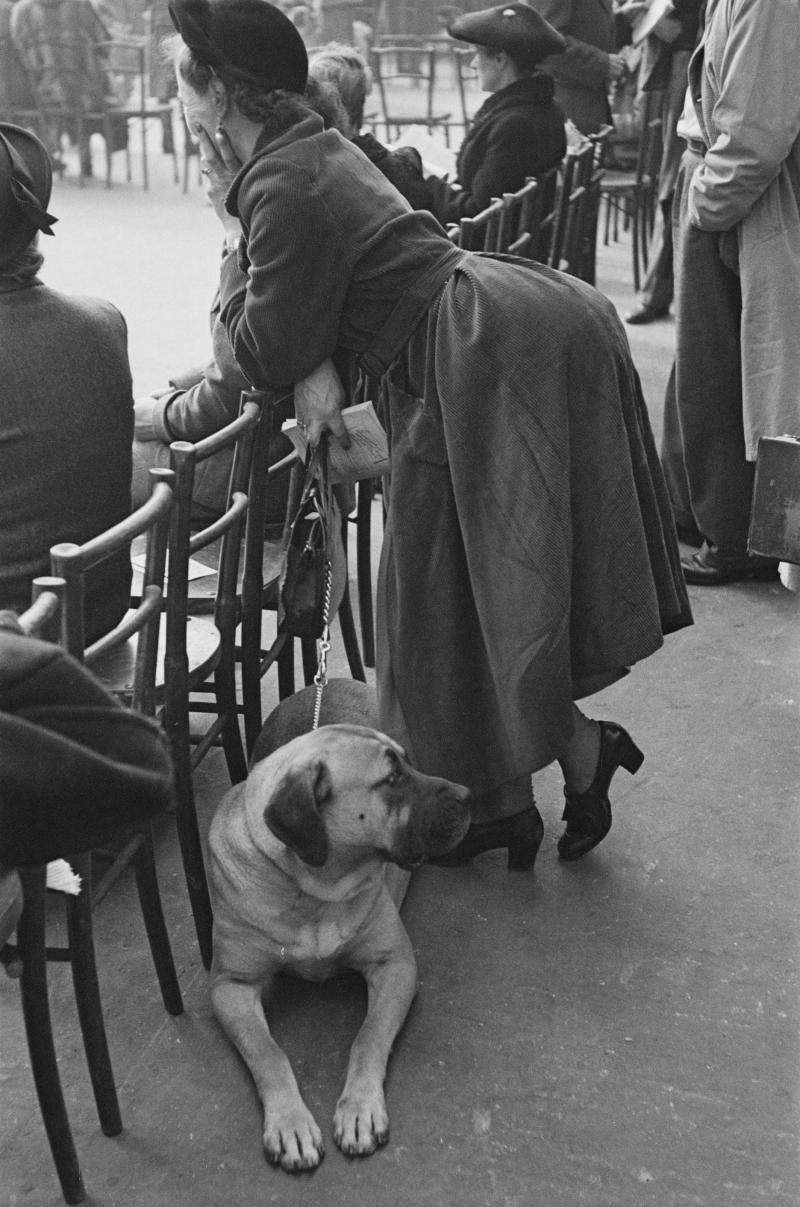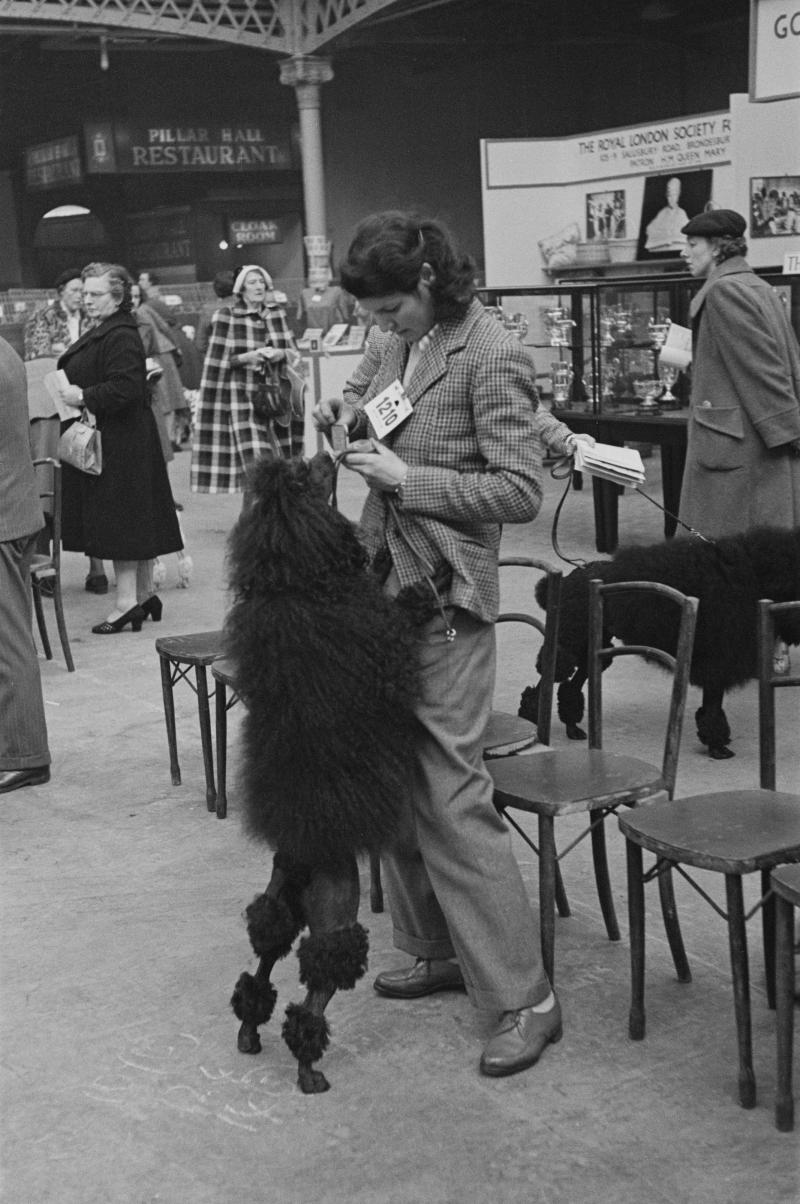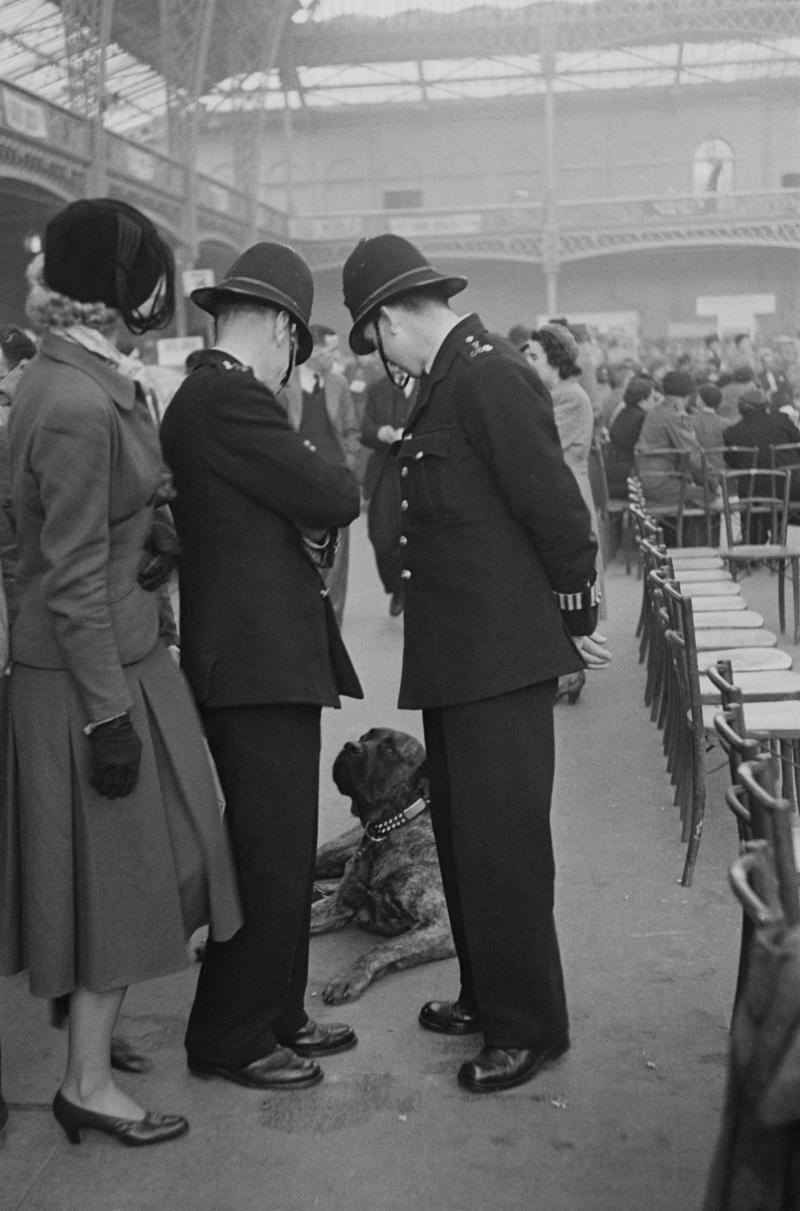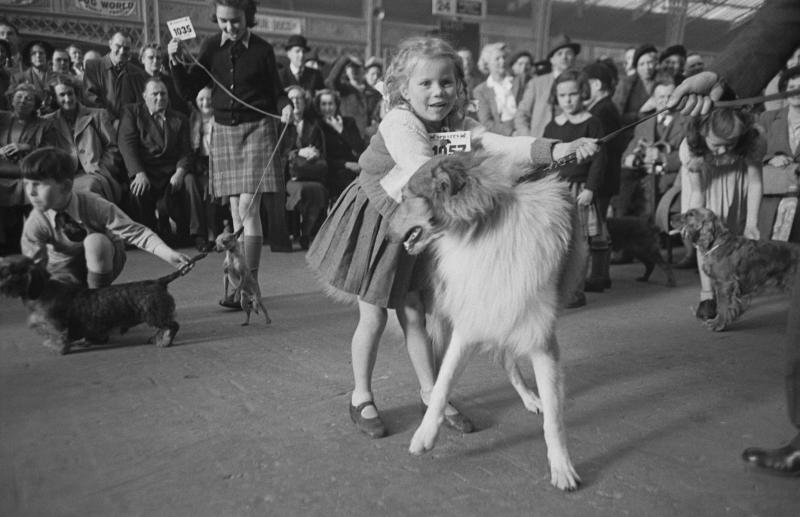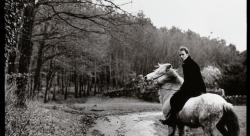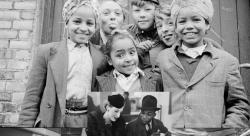With Crufts 2019 this week what better time to share some wonderful photographs unveiled by Getty Images archive of Crufts 1952, by photographer Thurston Hopkins. The young photographer brilliantly captures so many of the characters who enjoyed Crufts in 1952 and in his casually shot but carefully observed images tells a charming story of the relationships between the people and their beloved animals and of course the excitement and experctation surrounding the show.
Melanie Hough, curator at Getty’s Hulton Archive describes these remarkable photographs.
What makes these images particularly interesting?
The images were shot for Picture Post magazine, a weekly published between 1938 and 1957 that set the course for modern British photojournalism. The magazine pioneered the use of 35mm film cameras, which yielded the sort of candid, narrative imagery that wasn’t possible with the heavier plate cameras preferred by press ‘lensmen’ of the era. This bold new style saw the magazine reach a peak circulation of 1,950,000 copies during the Second World War.
Thurston Hopkins, the photographer who shot these images, joined Picture Post during the 1950s as a graphic arts graduate. His photos, while very much of the Picture Post school in that they were full of humour and social engagement, are considered some of the magazine’s most artistic. Hopkins had a painter’s eye and would find abstract shapes or create visual concepts using his skill with camera. More broadly, his work is considered some of the finest social documentary photography produced in 20th century Britain.
Why is it that we are only now uncovering photos taken 67 years ago?
The Getty Images Hulton Archive was founded on the Picture Post collection. A handwritten “daybook” lists each and every story shot for the Picture Post during its nineteen-year run. These Crufts images were filed with a story title of ‘Dog Show’. By cross-referencing the story number with the daybook, we learnt that the story was “killed” – meaning it wouldn’t have been published at the time.
Going through these recently, we were able to match details in the pictures to that of contemporaneous coverage of the 1952 Crufts show, including the cavernous Olympia venue, the sponsorship branding and the pins which each of the (human) contestants are wearing. Although the pictures have been seen by in house editors and researchers, to our knowledge they have never been in popular circulation.
How do the images differ to what we see in the competition today?
In many ways it’s fascinating to see what doesn’t differ, namely the everlasting appeal of a canine on camera. However, looking at other coverage from the event, I think Hopkins told the story of the competition quite differently. There is no trophy moment, no winner, no line of fantastic hounds. He appears to have travelled almost unseen amongst the many characters who make Crufts such a special occasion on the circuit – the stewards, the owners, the friends and family who have come along to support. Hopkins’ story may have been forever filed under ‘Dog Show’ but his photographs focus on the people, which may not always be the focus in images of the show today.
Picture credits: Thurston Hopkins/Picture Post/Hulton Archive/Getty Images


